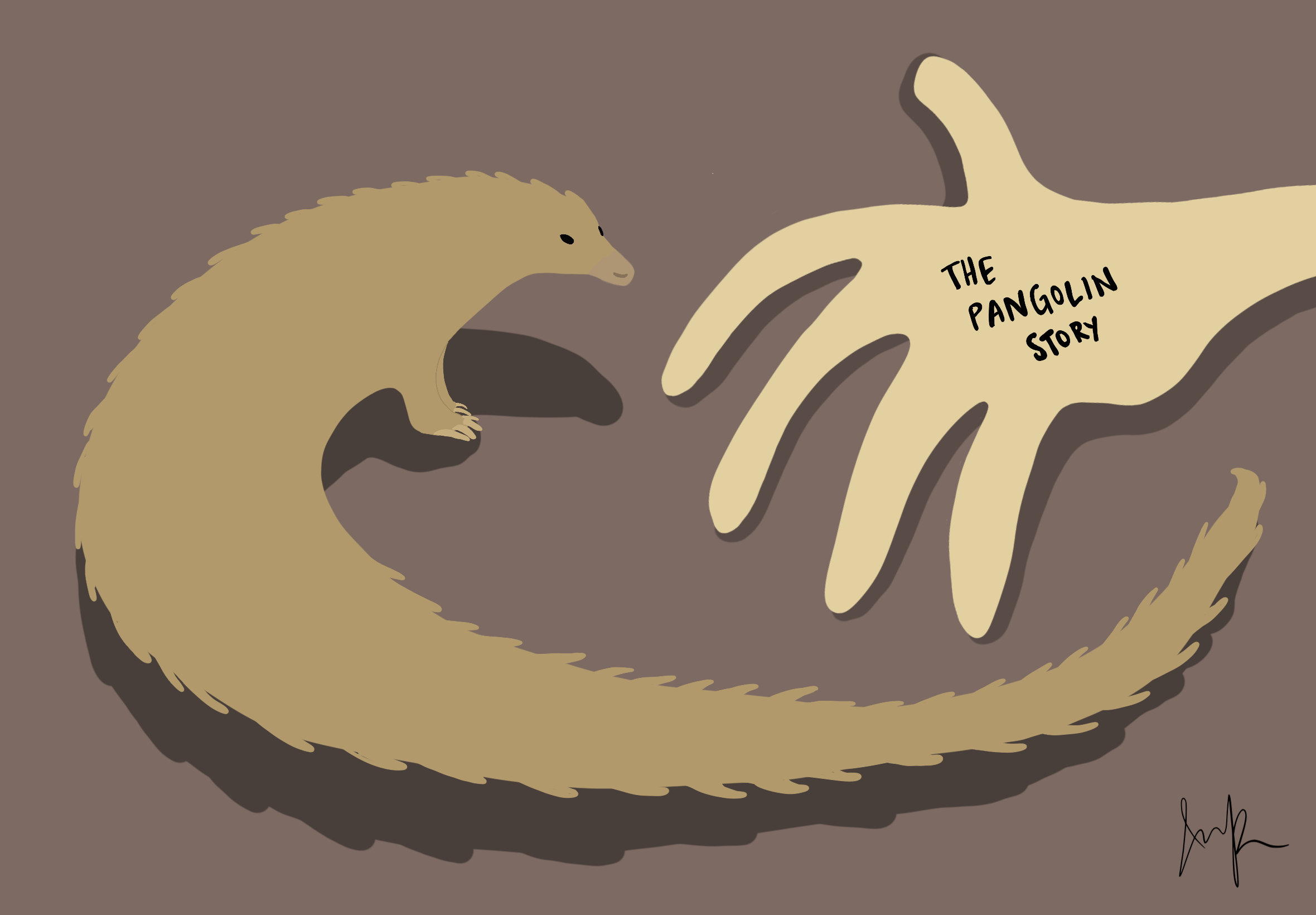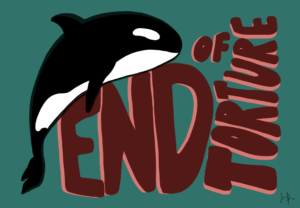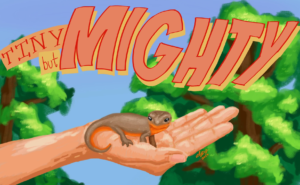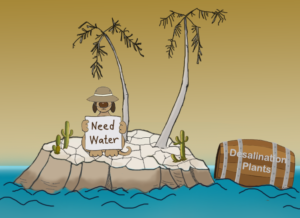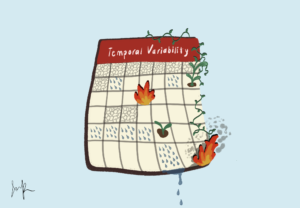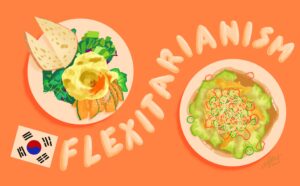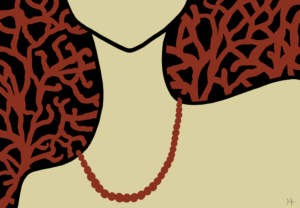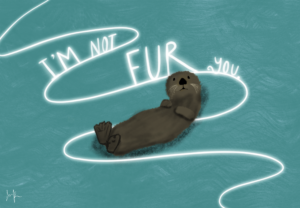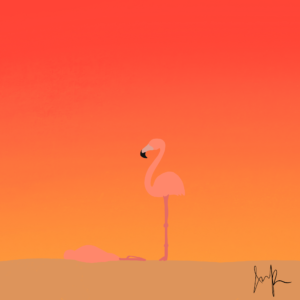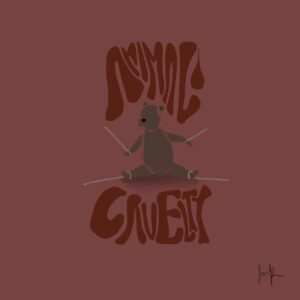Illustrated by Julianne Park. All rights reserved.
Animal trafficking is an expanding illegal market that is endangering many of the Earth’s precious and key species. Species such as rhinos and tigers have been hunted down to near extinction for selective parts of their bodies. Poaching is banned throughout the world, yet, as widely recognized, these protected animals are still declining in population. However, there is one species that is currently named “The World’s Most Trafficked Animal,” and, truth be told, a vast majority of people have never heard its name. It is a mammal covered in scales with long sharp claws: the pangolin.
There are eight different species of pangolins distributed in Africa and Asia. Their diet is mostly composed of insects such as ants, and they are commonly known as ‘scaly anteaters’ due to the shape of their bodies and their diet. However, one key difference between pangolins and anteaters is the scales. Pangolins are the only known mammal to be covered entirely by scales, so these creatures are often mistaken for reptiles.
So what exactly is it with the scales of the pangolin? Pangolin scales are made of keratin, which is the same material our nails are composed of. When threatened, pangolins use these scales by rolling up into a tight ball, making it harder for predators to reach the softer parts of the body. According to National Geographic, many believe that scales can be used in a variety of ways, from “anorexia, sores, and skin infections to treating infertility in women and promoting lactation.” Thus they are used in many traditional medicines in countries, especially in China: the main reason why pangolins are so heavily trafficked and the cause of the pangolin’s dwindling population. These traditional medicines, believed to spiritually protect and physically heal many parts of the body, have been proven ineffective.
Despite being a protected species, the pangolin is still hunted illegally–in massive quantities. The BBC reports that in 2019, “authorities in Malaysia seized more than 27 tonnes of pangolins and their scales – believed to be worth at least £1.6m – on Borneo” and that “10 tonnes of scales were intercepted in Vietnam, Hong Kong and Uganda”. What does this imply? It implies that hundreds of thousands of pangolins are being killed for their scales to be used in medicines that have been clinically disapproved.
Like all species on this planet, pangolins play a big role in our environment. If poaching continues on this scale, we will have to endure living on a pangolin-free planet. What will it be, another irreplaceable species wiped off an ever-decreasing list of species, or will we step in and take action before it’s too late? We can not ignore the fact that there are many people fighting to protect the animals that inhabit this planet with us. Yet we also have to realize that we need more people like those who are already fighting. We are sitting on a time bomb, and while many try to ignore it, the fuse has been lit, and we must give it our all to prevent extinction and desolation on Earth. And our fate lies with the fate of our planet because we are all connected in a fragile yet inseparable ecosystem. So let us start step by step to save our planet, with individual species such as the pangolin. What can you do to help?
- “Adopt” a pangolin from the World Wildlife Foundation
- By “adopting” a pangolin from the World Wildlife Foundation, you can donate money to their efforts in wildlife conservation, which includes the protection of pangolins
- Spread the word
- Your actions do not have to be big. You can simply start by spreading the word. Share this article to those you know, or tell any relatives or friends the story of pangolins.
Works Cited:
Briggs, Helen. “Pangolins: Rare Insight into World’s Most Trafficked Mammal.” BBC News, BBC, 13 Feb. 2019, https://www.bbc.com/news/science-environment-47200816.
Standaert, Michael. “China Raises Protection for Pangolins by Removing Scales from Medicine List.” The Guardian, Guardian News and Media, 9 June 2020, https://www.theguardian.com/environment/2020/jun/09/china-protect-pangolins-removing-scales-medicine-list-aoe.
Watts, Jonathan. “China Still Allowing Use of Pangolin Scales in Traditional Medicine.” The Guardian, Guardian News and Media, 12 Oct. 2020, https://www.theguardian.com/environment/2020/oct/13/china-still-allowing-use-of-pangolin-scales-in-traditional-medicine#:~:text=China%20still%20allowing%20use%20of%20pangolin%20scales%20in%20traditional%20medicine,-This%20article%20is&text=The%20Chinese%20government%20continues%20to,trafficked%20mammals%20in%20the%20world.
“What Is a Pangolin?” WWF, World Wildlife Fund, https://www.worldwildlife.org/stories/what-is-a-pangolin.
The views and opinions expressed are those of the authors and do not necessarily reflect nor represent the Earth Chronicles and its editorial board.
